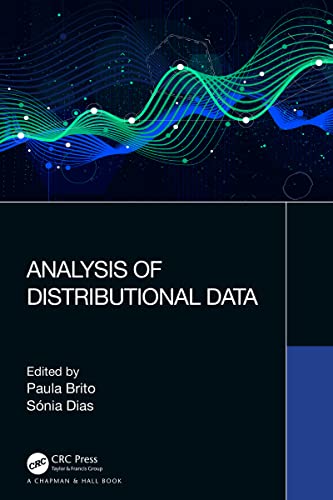
English | 2022 | ISBN: 1498725457 | 405 pages | True PDF EPUB | 21.87 MB
In a time when increasingly larger and complex data collections are being produced, it is clear that new and adaptive forms of data representation and analysis have to be conceived and implemented. Distributional data, i.e., data where a distribution rather than a single value is recorded for each descriptor, on each unit, come into this framework. Distributional data may result from the aggregation of large amounts of open/collected/generated data, or it may be directly available in a structured or unstructured form, describing the variability of some features. This book provides models and methods for the representation, analysis, interpretation, and organization of distributional data, taking into account its specific nature, and not relying on a reduction to single values, to be conform to classical paradigms. Conceived as an edited book, gathering contributions from multiple authors, the book presents alternative representations and analysis' methods for distributional data of different types, and in particular, Uni- and bi-variate descriptive statistics for distributional data Clustering and classification methodologies Methods for the representation in low-dimensional spaces Regression models and forecasting approaches for distribution-valued variables Furthermore, the different chapters Feature applications to show how the proposed methods work in practice, and how results are to be interpreted, Often provide information about available software. The methodologies presented in this book constitute cutting-edge developments for stakeholders from all domains who produce and analyse large amounts of complex data, to be analysed in the form of distributions. The book is hence of interest for companies operating not only in the area of data analytics, but also on logistics, energy and finance. It also concerns national statistical institutes and other institutions at European and international level, where microdata is aggregated to preserve confidentiality and allow for analysis at the appropriate regional level. Academics will find in the analysis of distributional data a challenging up-to-date field of research.
[center]
[/center]



